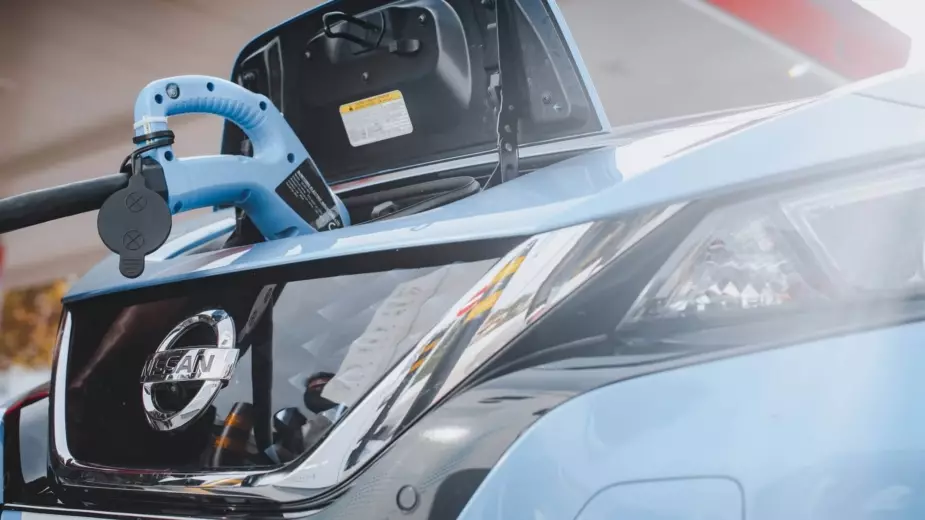For some, electric cars are the future. For others, the “anxiety of autonomy” continues to make them a solution only for those who travel a few kilometers.
But after all, who travels the most kilometers annually (on average) in Europe? Electric vehicle owners or fossil fuel believers? To find out, Nissan promoted a study whose results it revealed in anticipation of the “World Environment Day”.
In total, 7000 drivers of electric and combustion engine vehicles from Germany, Denmark, Spain, France, Italy, Norway, Netherlands, United Kingdom and Sweden were surveyed. The annual average of kilometers refers, as one would expect, to the “pre-COVID” period.

amazing numbers
Although electric cars are often seen as a solution for those who travel a few kilometers, the truth is that the study promoted by Nissan proves that those who have them walk (a lot) with them.Numbers don't lie. On average, European drivers with electric vehicles accumulate 14 200 kilometers/year . On the other hand, those who drive vehicles with a combustion engine are, on average, by the 13 600 kilometers/year.
As far as the countries are concerned, the study concludes that Italian drivers of electric cars are the largest “pa-kilometres” with averages of 15 000 km/year, followed by the Dutch, who travel annually, on average, 14 800 km.
Myths and fears
In addition to discovering the average kilometers traveled by drivers of electric vehicles, this study also provided answers to several questions related to cars powered exclusively by electrons.
To start with, 69% of respondents who drive electric cars say they are satisfied with the current charging network, with up to 23% saying that the most common myth about using electric cars is precisely that the network is not enough.
For 47% of car users with a combustion engine, their main advantage is greater autonomy, and of the 30% who say they are unlikely to buy an electric car, 58% justifies this decision precisely with the “anxiety of autonomy” .
